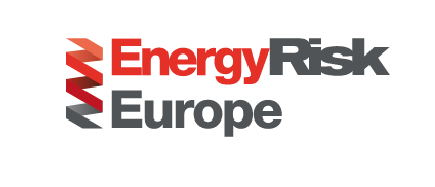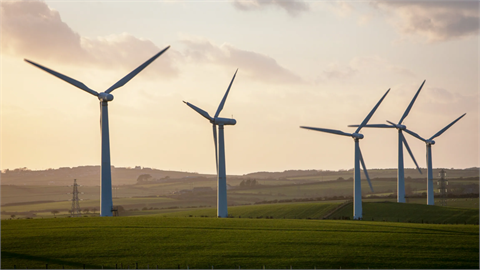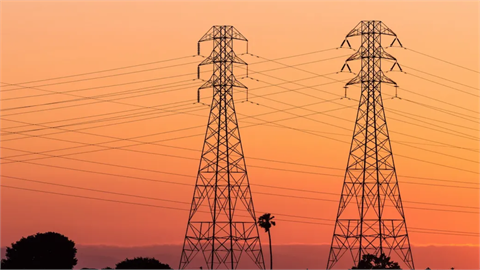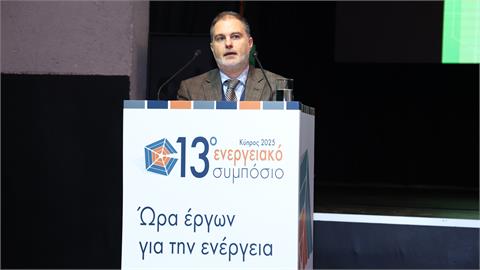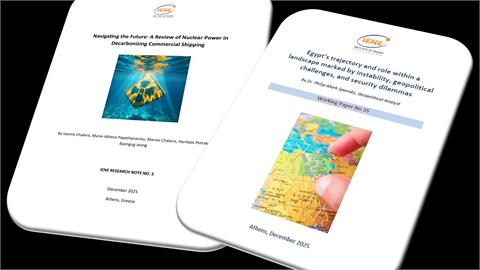Following an invitation by the organisers the Chairman and Executive Director of the Institute joined a panel discussion on the fallout from the Russia-Ukraine crisis on energy markets, which was held as part of the annual Energy Risk Europe conference which took place in London last Wednesday ( 30/11)
Following an invitation by the organisers the Chairman and Executive Director of the Institute joined a panel discussion on the fallout from the Russia-Ukraine crisis on energy markets, which was held as part of the annual Energy Risk Europe conference which took place in London last Wednesday ( 30/11) Expertly moderated by Sid Dash, of Chartis Research, the panel sought to shed light onto the present rather complex situation with regard to market behaviour in view of the prevailing high gas and electricity prices.
Other panel members included Ritika Wattan from SSE Renewables, UK’s leading developer and operator of renewable energy across the UK and Ireland, Virginie Krone, from the German Association of Energy and Water Industries (bdew) and Edmund Lehman from Grey Epoch Europe, an EU Emission Trader.
With no sign of the Ukrainian conflict being resolved any time soon and hence no prospect for a fast deescalation of energy prices the panel discussed at length the various facets of the crisis. The discussion focused on whether market organisation and structure was to blame for the exceedingly high wholesale prices Europe has been experiencing for more than a year now. The panel concluded that market organisation and operation is not so much to blame but rather misguided policy decisions and the actual gas shortage which has resulted following EU’s decision to decouple from Russian oil,coal and gas imports during a very short period of time (less than 12 months) and the changeover to alternative suppliers, most importantly LNG.
As IENE’s chairman noted the present crisis also demonstrated the strategic role of gas in the operation of the energy market overall and hence the need to make provision for adequate provision and the strengthening of energy security. “With gas being widely recognised as a main transition fuel, together with nuclear,there is a need for improving infrastructure along with establishing long term contracts with key suppliers. Also, Europe needs to increase its gas production from its own hydrocarbon rich areas, notably the North Sea, the Adriatic, the Black Sea and the East Mediterranean”, Mr.Stambolis underlined (see here for a presentation of the main talking points by IENE’s chairman).
Another issue that was hotly debated in the above panel was the need to decouple gas prices from the formation of electricity prices since at present there is not proportional representation in the market structure of the input from low cost Renewable Energy Sources. Although RES’s input has steadily grown bigger within the electricity mix of most countries over the last ten years or so, electricity price formation is still dominated by expensive gas and coal. Hence the need for market redesign in order to account for RES’s bigger slice in the electricity mix.
